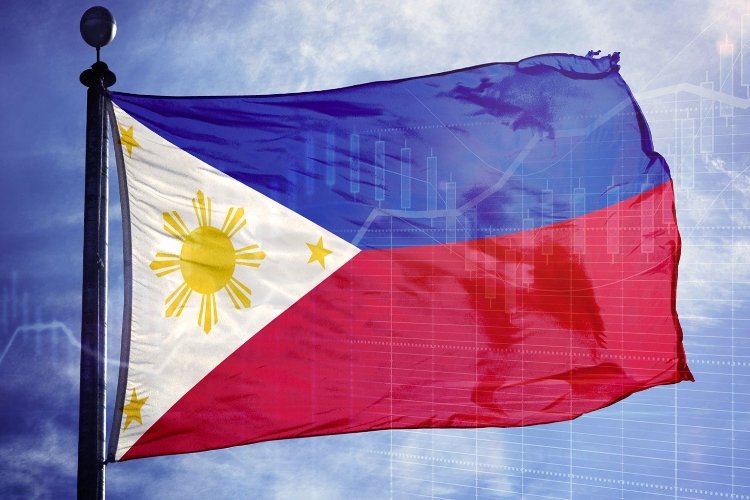DATO For ICO: Are The Philippines Looking For The Perfect Set Of Regulations?

The Philippines is a republic in Southeast Asia, which gained its independence from Spain at the end of the 19th century and became a part of the USA. The Philippines got its liberty from the United States in 1946. This country is one of the founders and an active member of the United Nations, and the state attends the Security Council regularly. The country is also an active member of the Association of Southeast Asian Nations (ASEAN), a member of the Summit of South Asia, the Asia-Pacific Economic Cooperation, etc.
The Philippines is an industrialized country that is in the process of transitioning from an economy based on agriculture to an economy based on production and services. One of the peculiarities of the country is the fact that a large number of citizens work abroad.
Key facts about the Philippine economy
- The industrial sector of the Philippines is 30% of GDP, and the service sector is 56% of GDP, which employs 47% of the working population.
- Money transmissions of Filipinos working abroad exceed the volume of foreign investment in the country's economy — about $28 bln.
- Goldman Sachs analysts believe that by 2050 the Philippine economy will take 20th place in the world. According to the same criteria, HSBC puts the country in 16th place in the world and 5th in Asia.
The development of the blockchain and cryptocurrency industries in the Philippines
It is not surprising that having so many citizens working abroad, the Philippines has become one of the cryptocurrency development driver countries. Back in 2014, remittances gradually began to be made in Bitcoins. At the same time, the authorities of the Philippines examined DLT-technologies with caution. However, at the same time, this did not prevent them from starting to develop the e-Peso, the national cryptocurrency project.
In 2017, the Central Bank of the Philippines (BSP) began work on guidelines for virtual currencies and the exchanges, recognizing Bitcoin as a means of payment. In the same year, regulators began to wonder about licensing. Also, it was rumored that cryptocurrencies would be eventually recognized as securities.
DATO — the first step to ICO regulation?
Well, what does this strange abbreviation mean? DATO is Digital Asset Token Offering. The rules were adopted by CEZA and regulate the purchase and sale of cryptocurrency assets. Following the rules, DATO must have relevant documents with detailed information about the issuer and the project, as well as accompanying recommendations and certification of experts. Tokens must be listed on the licensed virtual currency exchange (OVCE).
CEO and Administrator of CEZA Raul LAMBINO, commented on the new regulatory framework as follows:
"It is our goal to provide a clear set of rules and guidelines that will foster innovation yet ensure proper compliance by actors in the ecosystem. It is our hope that these set of regulatory innovations will take the digital asset sector one step closer to adoption and acceptance by institutions and the traditional financial system."
So the first firm step has been taken. However, the Central Bank and the Philippine Securities and Exchange Commission (PSEC) recognize that regulatory rules are far from perfect. It seems that amendments and additions to the laws on digital assets are still to come, and probably more than once. However, the majority of Filipinos accept it enthusiastically — the relations between the authorities and crypto activists are quite warm, and it is unlikely that something can poison them shortly.
Image courtesy of ETH News